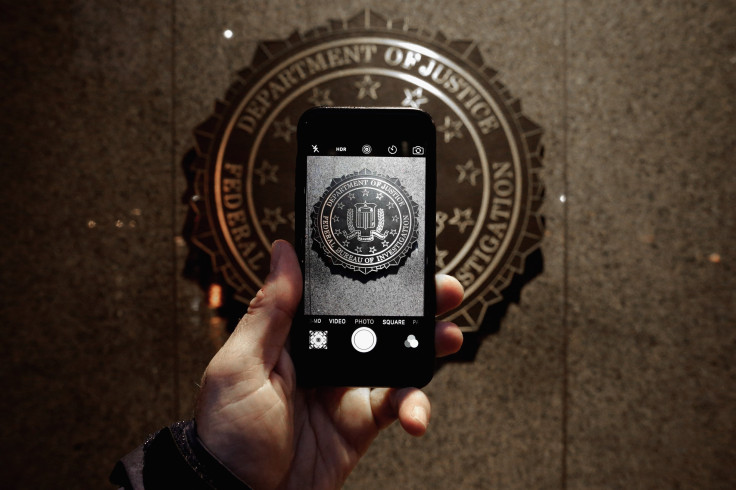Federal Court Grants DOJ Request To Postpone Apple Hearing

SAN FRANCISCO -- A federal court in California has approved a request to postpone a scheduled Tuesday hearing in a high-profile case between the Department of Justice and Apple. The DOJ filed the request for the delay Monday, less than 24 hours before lawyers for the two sides were scheduled to appear before a federal judge in Riverside, California.
For the past month, the DOJ has submitted filings to a federal court hoping Apple will be compelled to create code that would allow the FBI to access the contents of the iPhone of Syed Rizwan Farook, one of the two shooters in the Dec. 2 attack in San Bernardino, California, that left 14 dead. But during that time, Apple, with the support of the tech industry, has resisted a court order, arguing that such an action could set dangerous legal precedents and put at risk the data of all iPhone users.
The two sides were scheduled to appear in court Tuesday afternoon, but on Monday, the DOJ said that it may have found a way to access the encrypted contents of Farook's device without the help of Apple. The DOJ requested additional time to test out the method, and the court approved that request, according to a spokesman for the DOJ. The federal department will be required to submit a status report to the court by April 5.
"As a result of the worldwide publicity and attention on this case, others outside the U.S. government have continued to contact the U.S. government offering avenues of possible research," the DOJ said in its filing Monday. "On Sunday, March 20, 2016, an outside party demonstrated to the FBI a possible method for unlocking Farook’s iPhone."
The DOJ did not specify who this outside party is, but should the method work, there would be no need for Apple's assistance, the DOJ said in its filing. Apple could not be reached for comment.
"We must first test this method to ensure that it doesn’t destroy the data on the phone, but we remain cautiously optimistic," Melanie Newman, DOJ spokeswoman, said in a statement. "If this solution works, it will allow us to search the phone and continue our investigation into the terrorist attack that killed 14 people and wounded 22 people."
On the surface, the decision to postpone the hearing indefinitely appears to be a win for Apple and the tech industry, but by no means is the debate on encryption technology over. Back in Washington, lawmakers in both chambers have been actively gearing up to tackle the matter.
Sens. Richard Burr, R-Virginia, and Dianne Feinstein, D-California, have drafted legislation that would give federal judges power to issue orders that would compel tech companies to assist law enforcement officials with access to security-protected data, Reuters reported.
Meanwhile, in the House of Represenatives, the Judiciary Committee and the Energy and Commerce Committee have created an encryption working group that has been tasked with finding solutions to "the complicated legal and policy issues surrounding encryption." The bipartisan group is made up of eight Congress members and "will meet with stakeholders and subject matter experts on a regular basis to gather information on the various issues surrounding the encryption debate with the goal of identifying solutions by the end of the year," a spokeswoman for the House Judiciary Committee said.
Apple's fight in court may be winding down, but the encryption debate on Capitol Hill is only just beginning.
Department of Justice Request To Postpone
© Copyright IBTimes 2025. All rights reserved.




















